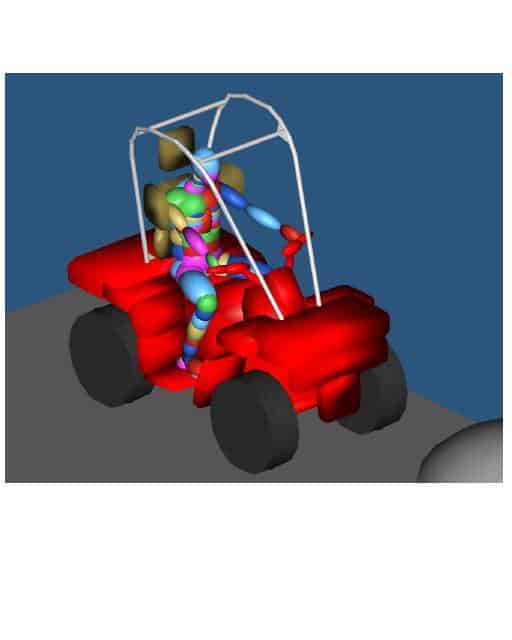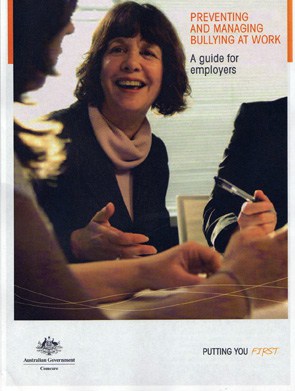Guest contributor, Gerard May, writes
The economic circumstances an organisation finds itself in can greatly affect their approach to workplace health and safety. Tough economic times are still ahead for some industries and organisations, while others who rationalised for survival through the global financial crisis will begin to prosper. This article will delve into what may be happening to Occupational Health and Safety (OH&S) in organisations heading into both tough and improving economic times. The economy will play a role.
Rationalisation in the manufacturing industry appears likely as the Australian Industry Group’s Performance of Manufacturing Index showed nine out of the 12 sub-sectors in the industry went backwards in December 2010[1]. Pricewaterhousecooper‘s (PwC) Australian-based global head of industrial manufacturing, Graeme Billings, recently stated,
“In the face of…declines in activity and the continuing slump in new orders, it is imperative that businesses continue to search for efficiencies, improvements and innovative approaches to their markets, products and business models[2].”
OH&S will surely be in the sights of rationalisation in the sector.
Continue reading “Safety rationalisation doesn’t end with an improving economy!”



